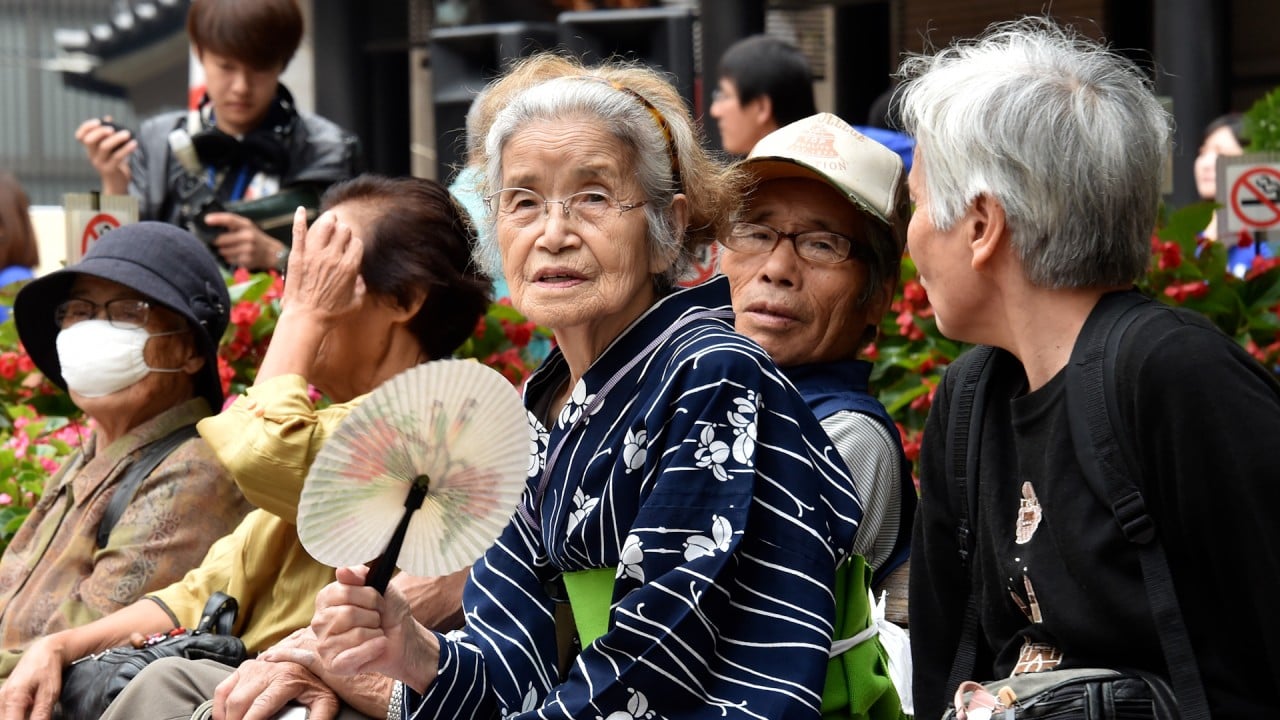
South Korean doctors submit resignations in row with government over school admission quotas
- Doctors’ groups have argued over a government plan to increase the number of medical school admissions by 2,000, starting from next year
- Authorities say it is urgent to have more doctors but doctors’ groups say the government must medical fees and resolve other issues first
Doctors’ groups and the government have been squabbling over a government plan to increase the number of medical school admissions by 2,000, starting from next year.
Health authorities say it is urgent to have more doctors, considering South Korea’s fast-ageing population. They say the number of doctors in the country relative to the size of the population is among the lowest in the developed world.
But doctors’ groups say the government must use available resources to raise medical fees and resolve other problems first. Some doctors say raising admissions could result in unnecessary medical treatments because of a competition among doctors and could burden the public health insurance plan.
On Monday, trainee doctors at the country’s five major hospitals began submitting letters of resignation before formally walking off their jobs on Tuesday. Their association, the Korea Intern Resident Association, decided on the collective action during an emergency meeting last week.
Seoul’s Asan Medical Center said a number of interns and resident doctors there submitted resignations and that it was trying to reschedule surgeries and other treatments for some patients. Seoul’s Severance Hospital said some of its trainee doctors also handed in resignations and suggested it could rearrange surgery schedules as well.

South Korean media reported that hundreds of trainee doctors at other hospitals also submitted resignations. Reports said some hospitals cancelled or put off planned cancer surgeries, childbirths and other procedures in which trainees assist senior doctors.
No major troubles in the country’s medical services were immediately reported. The Health Ministry said it was trying to find out how many of the trainee doctors at the five hospitals – estimated at about 2,700 in local media – submitted their resignations. South Korea has about 140,000 professional doctors.
The Korea Medical Association, which represents doctors, said it plans to hold rallies in support of the trainees but has not decided whether to join their walkouts.
Vice-Health Minister Park Min-soo expressed “deep worries and regrets” over the action. Park, citing a medical law, said the government ordered the trainees to continue working.
Earlier on Monday, Prime Minister Han Duck-soo said the government will take steps to prevent the action from undermining the care of emergency patients. He said more than 400 emergency medical treatment centres across South Korea will stay open around the clock, and the government will deploy military doctors if the situation worsens.
A telephone survey of 1,002 adults last week showed that 76 per cent of the respondents said they believed the government’s plan to increase medical school admissions has more positive aspects, while 16 per cent thought it has more negative aspects, according to the polling station, the Gallup Korea. A margin of error was 3.1 percentage points.
“The collective action [by trainee doctors] is like holding the people hostages so I don’t support them,” Kim Sung Bum, 75, said at a Seoul railway station. “I think it would be desirable for them to make a compromise with the government.”


